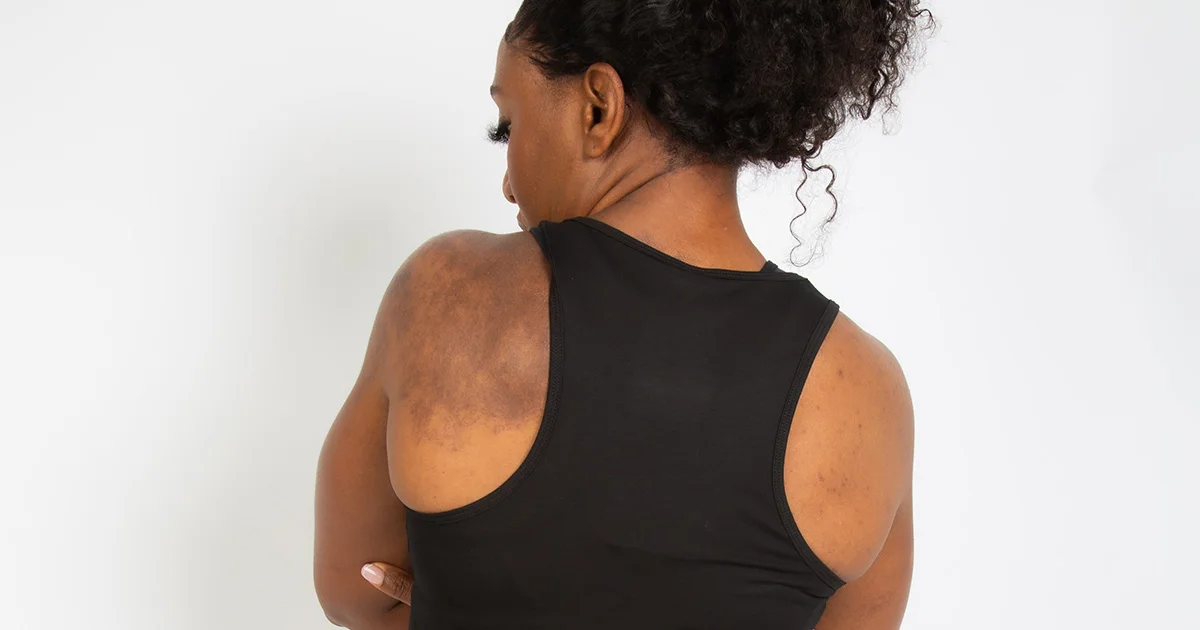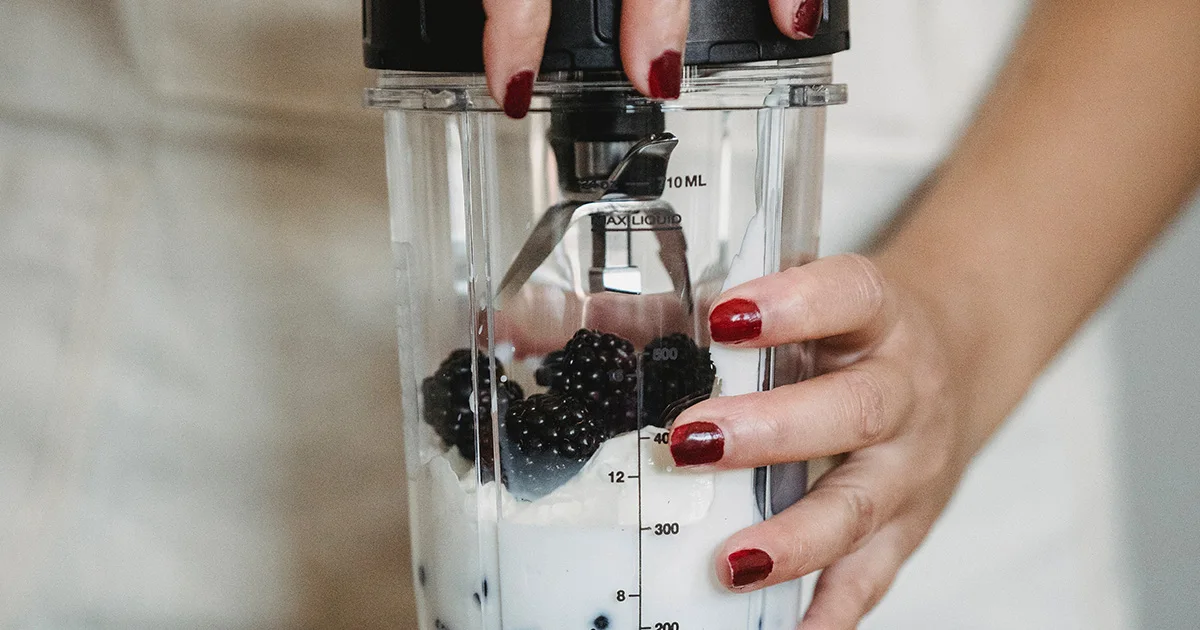Here's what we'll cover
Here's what we'll cover
If you’ve been prescribed Mounjaro for type 2 diabetes or weight loss, you may be wondering if it’s safe to drink alcohol with the medication. Can you enjoy a cocktail or a beer when you’re taking Mounjaro?
Mounjaro and alcohol are not known to interact with each other. However, it may be smart to be cautious about mixing Mounjaro and alcohol. For one, alcohol can make it harder to lose weight, and slow your progress towards your weight loss goals. For another, alcohol is known to lower blood sugar levels and increase the risk of hypoglycemia in people with diabetes, which can be potentially dangerous.
Read on as we explore possible interactions between Mounjaro and alcohol, and what you need to know about drinking (or not) while taking Mounjaro.
What is Mounjaro?
Mounjaro (generic name: tirzepatide) is a prescription drug that, along with diet and exercise, helps people with type 2 diabetes manage their blood glucose levels. It may also be prescribed off-label for weight loss, and Eli Lilly, the manufacturer, is currently seeking FDA approval for this use. Mounjaro does not treat type 1 diabetes. Each dose of Mounjaro comes in a single-dose pen, which you inject under the skin of your upper arm, abdomen, or thigh. Here’s how it works.
Mounjaro is a dual glucose-dependent insulinotropic polypeptide (GIP) and glucagon-like peptide-1 (GLP-1) receptor agonist. The drug works by mimicking two hormones — GIP and GLP-1 — that your body produces in response to food. When you eat food, these hormones tell the pancreas to release more insulin to bring blood sugar levels back to normal levels, and they’re also thought to regulate appetite. In addition to that, Mounjaro delays gastric emptying, so your stomach takes longer to fully empty. As a result, people using Mounjaro tend to feel full sooner and experience decreased appetite, leading to weight loss.
In this way, Mounjaro works similarly to other weight loss medications like Ozempic and Wegovy. However, while Ozempic and Wegovy are solely GLP-1 receptor agonists, Mounjaro’s dual nature as GIP/GLP-1 agonist allows it to be more effective at lowering both blood sugar levels and appetite — leading to more significant weight loss.
For example, in one study of over 2,500 adults with obesity and overweight, people lost up to between 15% to nearly 21% of their body weight in less than a year and a half after starting Mounjaro. By comparison, the average weight loss for people taking the highest dose of semaglutide (the active ingredient in Wegovy and Ozempic) was nearly 15% in almost the same time period.
In a study that directly compared the two drugs, all doses of Mounjaro outperformed semaglutide in both reducing blood sugar levels and body weight. Although, serious side effects and hypoglycemia were more common among those taking Mounjaro as compared to those taking semaglutide.
Mounjaro Important Safety Information: Read more about serious warnings and safety info.
Can you mix Mounjaro and alcohol?
At this time, Mounjaro is not known to interact dangerously with alcohol. However, mixing alcohol with Mounjaro may not be safe for everyone, and you may want to avoid or limit your alcohol consumption when taking Mounjaro, regardless of whether you are taking it for type 2 diabetes or weight loss (or both).
People with type 2 diabetes may want to be more cautious about drinking alcohol while taking Mounjaro. Alcohol can lower your blood sugar levels, so it is possible that when you combine alcohol with Mounjaro — which also lowers your blood sugar levels — you may increase your risk of experiencing hypoglycemia.
You can talk with your healthcare provider about ways to mitigate this risk, such as monitoring your blood glucose levels after you drink. Also, learn to recognize the signs of low blood sugar, which include:
Blurred vision
Confusion
Dizziness
Drowsiness
Feeling jittery or irritable
Headache
Shakiness
Slurred speech
Sweating
Weakness
While the risk of hypoglycemia may not be as serious for people without diabetes, those taking Mounjaro for weight loss may still want to consider limiting or avoiding alcohol. Some research suggests that, starting with just one drink per day, increased alcohol consumption may make it harder to follow healthy lifestyle habits.
Excessive drinking may also increase your risk of binge eating, obesity and weight gain, which may make it harder to lose weight while taking Mounjaro. This risk may be higher for people who are more impulsive, according to a study that found that more impulsive people are more likely to overeat, both while drinking alcohol and after they’ve finished drinking.
Mounjaro and alcohol side effects
For most people, side effects are most common when you first start taking Mounjaro, and go away with time as your body gets used to the drug. The most common side effects of Mounjaro include:
Nausea
Diarrhea
Decreased appetite
Vomiting
Constipation
Upset stomach or indigestion
Abdominal pain
While rare, serious side effects of Mounjaro may happen. They include pancreatitis, gallbladder and kidney problems, or an allergic reaction to Mounjaro or its ingredients. People who are using insulin or an insulin secretagogue may be more likely to experience hypoglycemia when taking Mounjaro, and people with a history of diabetic retinopathy may be more likely to experience complications.
While alcohol is not known to interact dangerously with Mounjaro, alcohol can worsen some of these side effects, like indigestion. If you’ve experienced a hangover before, you know nausea is a common symptom. Your hangover may feel worse if you’re already experiencing nausea as a side effect of Mounjaro. If you experience nausea, the makers of Mounjaro recommend avoiding fatty foods, eating bland foods like rice or crackers, and eating smaller meals.
Drinking alcohol with Mounjaro can interfere with your ability to lose weight on Mounjaro. While Mounjaro decreases appetite, alcohol can increase it and makes you more likely to consume more calories. That’s in addition to whatever calories the alcoholic drink contains. Many alcohols, including liqueurs and sweet wines, have a high sugar content of glucose and fructose. Limiting alcohol to fewer than two drinks per day can or avoiding it altogether may help with weight loss.
Finally, alcohol can cause low blood sugar, so drinking while taking Mounjaro may increase your risk of experiencing hypoglycemia, one of the potentially serious side effects of Mounjaro.
How does alcohol affect your blood sugar levels?
Your liver helps your body regulate blood sugar levels by releasing glucose when needed. However, when you drink alcohol, your liver stops releasing glucose and focuses on processing the alcohol. This creates a scenario where your blood sugar levels can drop, especially if you’re taking Mounjaro or other diabetes medications, which work by lowering your blood sugar.
Alcohol can also raise blood sugar levels. Some alcohols, including beers and cocktails, contain a lot of sugar and carbohydrates, which can increase your blood sugar levels in the short term. In the long term, the calories you drink from alcohol get stored as fat in your liver, which makes your liver cells more resistant to insulin and can raise blood sugar levels over time.
Alcohol, hypoglycemia, and type 2 diabetes
For people with type 1 and type 2 diabetes, hypoglycemia (as well as hyperglycemia, or high blood sugar) can be dangerous. Depending on how much you drank, or whether you ate food, the risk for hypoglycemia can vary. Drinking multiple drinks, and drinking without eating any food, seriously increase your risk. It’s important to note that you may not experience hypoglycemia immediately, and it could take a few hours after your last drink for you to start noticing any symptoms.
Moderate alcohol consumption — defined as one drink or less per day for women and two drinks or less per day for men, is generally considered safe for people with diabetes. One drink is considered one 12 oz beer, 5 oz wine, or 1.5 oz of liquor. However, even moderate consumption can increase the risk of hypoglycemia. Having some food when you drink can reduce this risk. Experts also recommend drinking alcohol slowly and diluting it with water.
Mixing alcohol with Mounjaro: the bottom line
While drinking in moderation may be okay for people without diabetes or those with well-controlled diabetes, it’s still a good idea to use caution when mixing alcohol and Mounjaro. To avoid low blood sugar, don’t drink on an empty stomach. Always have something to eat when you drink and dilute it with water. And just in case your blood glucose drops, keep something sugary on hand, like a handful of jelly beans.
Check with your doctor before drinking while you’re on Mounjaro. Alcohol may be more or less risky depending on your health condition and any medications you are taking.
DISCLAIMER
If you have any medical questions or concerns, please talk to your healthcare provider. The articles on Health Guide are underpinned by peer-reviewed research and information drawn from medical societies and governmental agencies. However, they are not a substitute for professional medical advice, diagnosis, or treatment.
Asif, M. (2014). The prevention and control the type-2 diabetes by changing lifestyle and dietary pattern. Journal of Education and Health Promotion, 3, 1. doi:10.4103/2277-9531.127541. Retrieved from https://pubmed.ncbi.nlm.nih.gov/24741641/
Caton, S. J., Nolan, L. J., & Hetherington, M. M. (2015). Alcohol, Appetite and Loss of Restraint. Current Obesity Reports, 4(1), 99–105. doi:10.1007/s13679-014-0130-y. Retrieved from https://pubmed.ncbi.nlm.nih.gov/26627094/
Eli Lilly and Company. (2022). Lilly receives U.S. FDA Fast Track designation for tirzepatide for the treatment of adults with obesity, or overweight with weight-related comorbidities. Lilly Investors. Retrieved on Apr. 24, 2023 from https://investor.lilly.com/news-releases/news-release-details/lilly-receives-us-fda-fast-track-designation-tirzepatide
Evert, A. B., Dennison, M., Gardner, C. D., et al. (2019). Nutrition Therapy for Adults With Diabetes or Prediabetes: A Consensus Report. Diabetes Care, 42(5), 731–754. doi:10.2337/dci19-0014. Retrieved from https://pubmed.ncbi.nlm.nih.gov/31000505/
Farzam, K., & Patel, P. (2022). Tirzepatide. StatPearls. Retrieved from https://www.ncbi.nlm.nih.gov/books/NBK585056/
Frías, J. P., Davies, M. J., Rosenstock, J., et al. (2021). Tirzepatide versus Semaglutide Once Weekly in Patients with Type 2 Diabetes. The New England Journal of Medicine, 385(6), 503–515. doi:10.1056/NEJMoa2107519. Retrieved from https://pubmed.ncbi.nlm.nih.gov/34170647/
Goyal, R. & Jialal, I. (2022). Diabetes Mellitus Type 2. StatPearls. Retrieved from https://www.ncbi.nlm.nih.gov/books/NBK513253/
Jastreboff, A. M., Aronne, L. J., Ahmad, N. N., et al. (2022). Tirzepatide Once Weekly for the Treatment of Obesity. The New England Journal of Medicine, 387(3), 205–216. doi:10.1056/NEJMoa2206038. Retrieved from https://pubmed.ncbi.nlm.nih.gov/35658024/
Kase, C. A., Piers, A. D., Schaumberg, K., et al. (2016). The relationship of alcohol use to weight loss in the context of behavioral weight loss treatment. Appetite, 99, 105–111. doi:10.1016/j.appet.2016.01.014. Retrieved from https://pubmed.ncbi.nlm.nih.gov/26792773/
Lilly. (2023). How to Use, Dosing & Side Effects | Mounjaro® (tirzepatide). Retrieved from https://www.mounjaro.com/how-to-use-mounjaro
MedlinePlus. (2016). Indigestion. Retrieved from https://medlineplus.gov/indigestion.html
MedlinePlus-a. (2021). Hangover treatment. Retrieved from https://medlineplus.gov/ency/article/002041.htm
MedlinePlus-b. (2021). Diabetes and alcohol. Retrieved from https://medlineplus.gov/ency/patientinstructions/000968.htm
Timko, C., Kong, C., Vittorio, L., et al. (2016). Screening and brief intervention for unhealthy substance use in patients with chronic medical conditions: a systematic review. Journal of Clinical Nursing, 25(21-22), 3131–3143. doi:10.1111/jocn.13244. Retrieved from https://pubmed.ncbi.nlm.nih.gov/27140392/
Traversy, G. & Chaput, J. P. (2015). Alcohol Consumption and Obesity: An Update. Current Obesity Reports, 4(1), 122–130. doi:10.1007/s13679-014-0129-4. Retrieved from https://pubmed.ncbi.nlm.nih.gov/25741455/
U.S. Food and Drug Administration (FDA). (2022). Highlights of Prescribing Information: Mounjaro (tirzepatide) injection, for subcutaneous use. Retrieved from https://www.accessdata.fda.gov/drugsatfda_docs/label/2022/215866s000lbl.pdf
Wakabayashi, K. T., Greeman, E. A., Barrett, S. T., et al. (2021). The Sugars in Alcohol Cocktails Matter. ACS Chemical Neuroscience, 12(18), 3284–3287. doi:10.1021/acschemneuro.1c00526. Retrieved from https://pubmed.ncbi.nlm.nih.gov/34428024/
Wilding, J. P. H., Batterham, R. L., Calanna, S., et al. (2021). Once-Weekly Semaglutide in Adults with Overweight or Obesity. The New England Journal of Medicine, 384(11), 989–1002. doi:10.1056/NEJMoa2032183. Retrieved from https://pubmed.ncbi.nlm.nih.gov/33567185/











